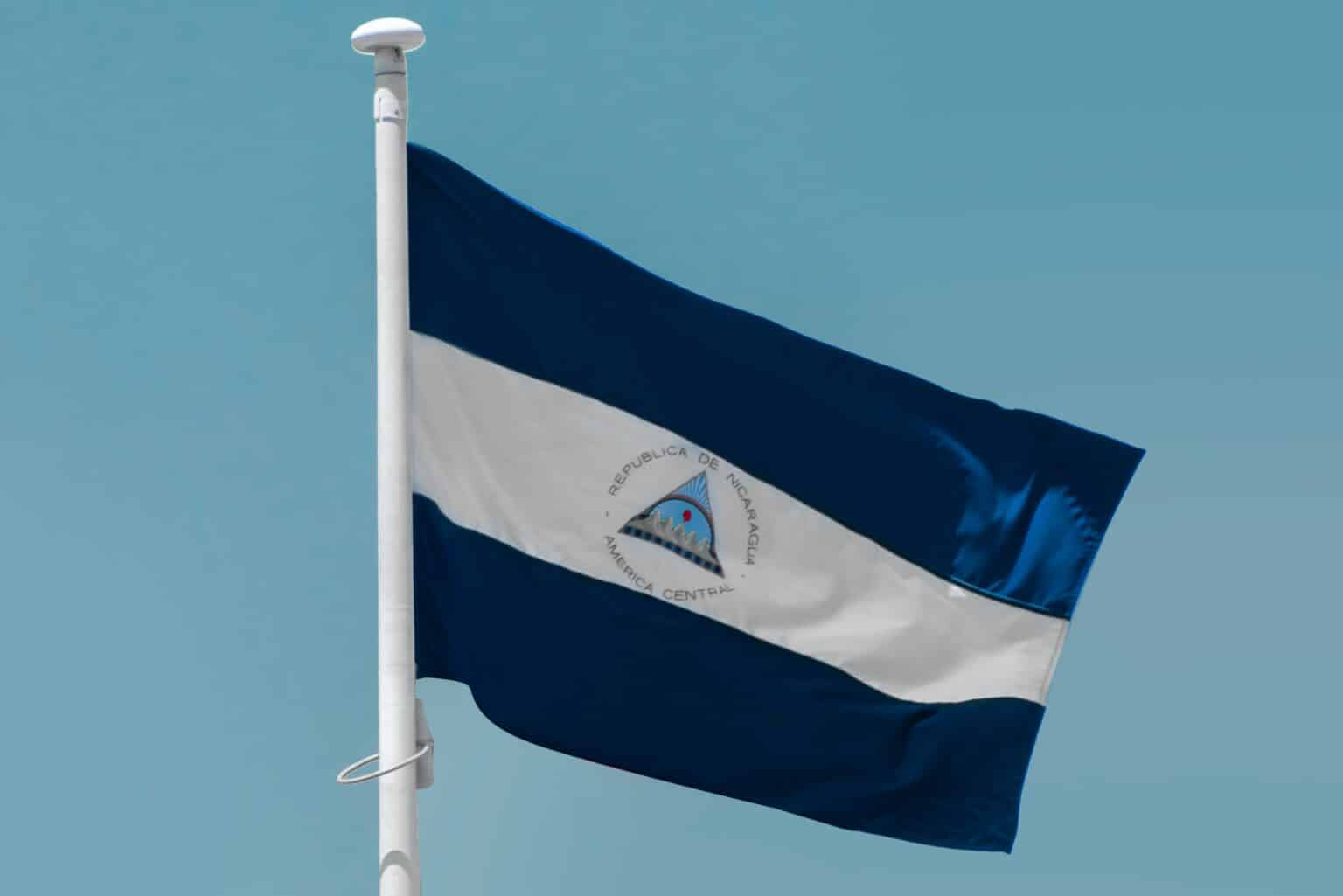Nicaragua freed some 222 inmates considered by many to be political prisoners and flew them to Washington on Thursday.
The group were among an estimated 245 “political prisoners,” according to the Nicaraguan opposition to President Daniel Ortega, who imprisoned opponents and others amid 2018 street protests that he claims were a plot to overthrow him.
The government “unilaterally” decided to release the 222 prisoners, according to a Nicaraguan official who spoke on condition of anonymity.
The United States government facilitated the transport of the freed Nicaraguans, according to a U.S. official, who said the mass release is a positive step by Nicaragua. The official further said the individuals all chose to leave Nicaragua in order to receive medical and legal assistance in the U.S.
According to a statement read by a Nicaraguan judge, however, all 222 prisoners had been “deported.”
While imprisoned in Nicaragua, the individuals endured some of the harshest prison conditions in Latin America, according to their families. They were denied visits with relatives and their children for months at a time. They were further denied books or writing materials and given little access to the sun or fresh air.
“This has been a very long slog for us and I just can’t believe it,” said Georgiana Aguirre-Sacasa, the daughter of 78-year-old former foreign minister Francisco Aguirre-Sacasa, who was among those released.
Ortega was a major figure in the Sandinista revolution in 1979 and then became an early leader of the Marxist government that replaced dictator Anastasio Somoza. He went on to lead Nicaragua’s government but lost a presidential election in 1990.
After returning to power in 2007, Ortega incrementally tightened his grip over Nicaragua’s judiciary, legislature and electoral machinery, eventually sparking the 2018 uprising—although the crackdown did not begin in earnest until June 2021. That’s when Ortega and his wife, Rosario Murillo, moved to erase any challenge to their Sandinista government.
Among those jailed, along with political opponents, have been some of those opponents’ family members as well as business leaders, human rights activists and Catholic priests.
The Nicaraguan government has also shut down independent media outlets and some 3,000 nongovernmental organizations.
In a statement to Congress, the State Department said it would welcome the 222 released prisoners and “continue to raise serious concerns regarding the restrictions of political rights and freedoms in Nicaragua.”


